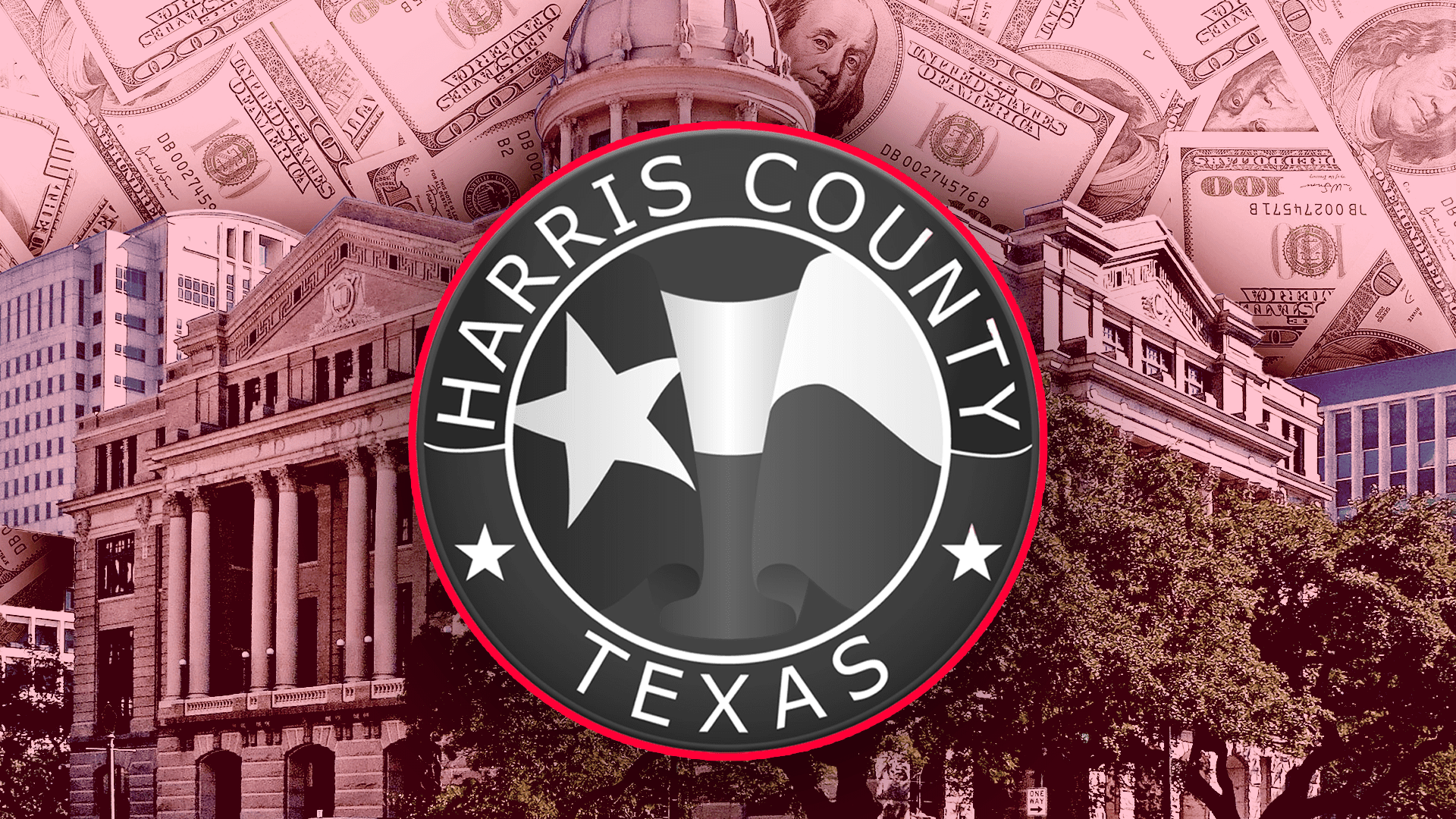Dallas City Council members have stated that the upcoming Dallas 2024 bond program should spend more taxpayer dollars on “racial equity.” Members have also said that the council should consider disparities between northern and southern Dallas when determining how bond funds should be allocated.
A new report from The Dallas Express reveals that during a Monday meeting of the Workforce, Education, and Equity Committee, city staff informed committee members on how municipal departments are meeting standards set in place by the city’s Racial Equity Plan.
City staff shared a Racial Equity Plan Hubsite that intends to “increase transparency, accountability and to foster trust with residents regarding the action of the Racial Equity Plan.”
Some council members vocalized support for the findings from the Racial Equity Plan to be considered in budgeting proposals, as the council moves forward with the upcoming $1.1 billion bond program.
“If we were to see this data set parallel to that of the bond initiative, I don’t think that it would be very exciting. I don’t think that’s something that we would be able to tout as a win,” said District 7 Council Member Adam Bazaldua.
Bazaldua also argued that the city’s racial equity initiatives should be tackled using taxpayer dollars from the general fund and the bond program. Council Member Carolyn King Arnold agreed with Bazaldua, arguing that because the city will use bond dollars for long-term spending, it should be spent equitably.
“This [bond] money is going to have to be repaid,” she said. “When you talk about repayment, you’re going to be asking the same people that you turned your back on to pay their property taxes so that we can pay off these bonds down the road.”
“As a council, we really want to make a landmark decision as it relates to racial equity. This is our opportunity to be that council,” she added.
Other members like Gay Donnell Willis, who represents District 13, argued that funding for city projects could also come from other sources, including the general fund and partnerships in the private sector.
She says that the city should continue to allocate funding toward areas that have received funding previously in order to maintain the infrastructure.
“To wholesale say, ‘We’re not going to maintain that’ is counter to the discussions we’ve been having around, ‘If we’re going to create it, we need to take care of it,'” Willis said. “It’s a delicate balance because we want to be sure that we are spending in communities that have not had the investment. On the other hand, to perpetuate the crumbling infrastructure is not a good policy either.”
Bazaldua countered her claims, saying “equitable” spending across the whole city would benefit Dallas.
“This isn’t about pitting anyone against each other,” he said. “Being citywide should be reflected on the goals that are set out for this Racial Equity Plan, and that doesn’t mean that priorities have to be mutually exclusive to one another.”
As reported by The Dallas Express, previous racial equity initiatives by the city have been blasted for potentially being unconstitutional.
For example, a previous initiative, the Pre-development Assistance Program, which issues taxpayer-backed loans to select businesses owned by racial minorities and women, has been criticized. President of the Center for Equal Opportunity, Devon Westhill, told The Dallas Express that the program is “vulnerable to legal action because oftentimes they violate the Equal Protection Clause.”
Dallas voters will vote on the refined bond program either in May or November 2024.





